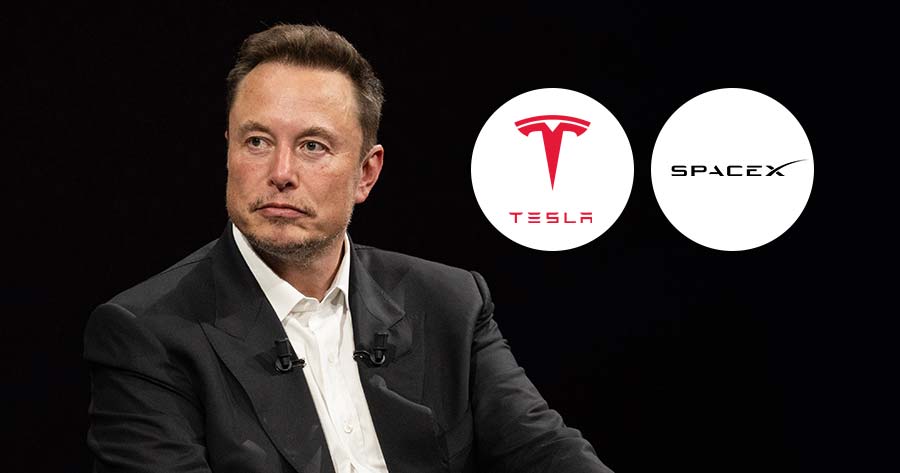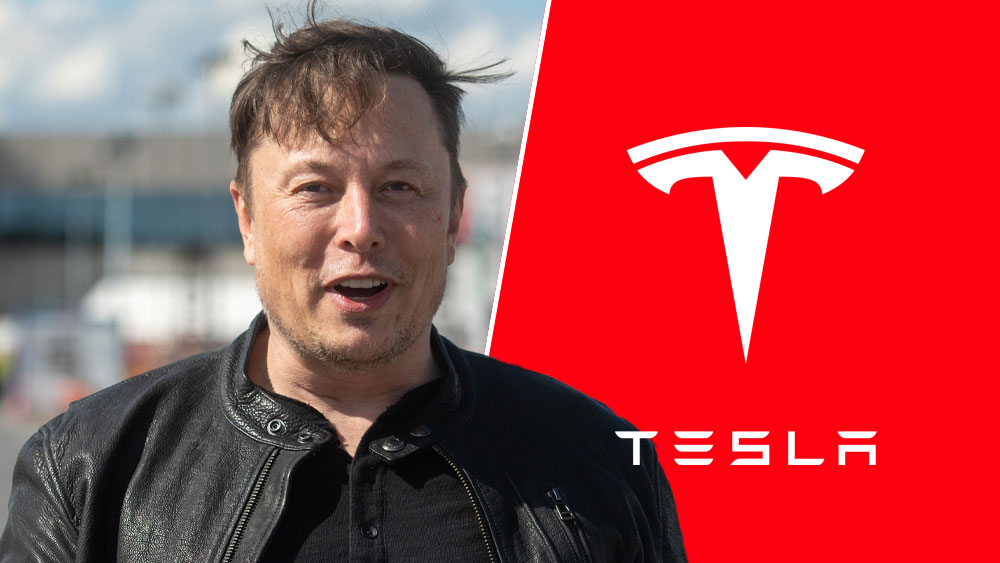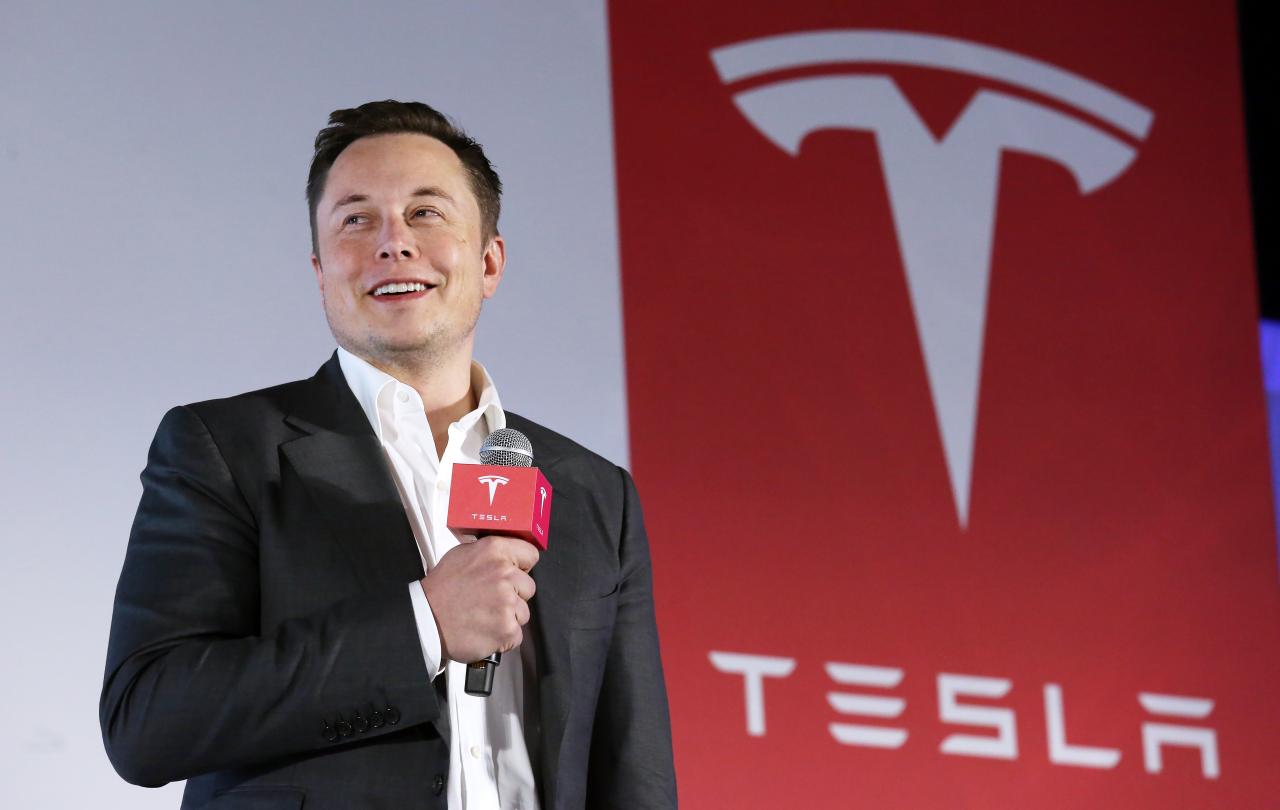
Tesla’s $1 Trillion Bet on Elon Musk: Genius Incentive or Governance Gamble?
September 2025 marks a seismic moment in corporate history. Tesla’s board has unveiled a jaw-dropping new compensation package for CEO Elon Musk—a deal so colossal it could make him the world’s first trillionaire. But as the proposal heads to trial and a shareholder vote, fierce debate rages: is this an act of visionary genius, or a dangerous overreach of corporate governance?
Inside the Trillion-Dollar Proposal
According to regulatory filings and widespread media coverage, the new pay plan is entirely performance-based. Musk stands to receive approximately 423.7 million restricted Tesla shares—about 12% of the company—if, and only if, Tesla’s market value rockets from its current $1.1 trillion to an eye-watering $8.5–8.6 trillion over the next decade.
The package is broken into 12 escalating tranches, each tied to ambitious milestones. The first hurdle is a $2 trillion valuation, culminating at $8.5 trillion, alongside operational feats such as:
Delivering 20 million vehicles in total
Achieving 10 million paid Full Self-Driving subscriptions
Producing 1 million Optimus AI robots
Deploying 1 million commercial robotaxis
Creating a long-term CEO succession plan for the final tranches
Crucially, Musk will receive no salary or cash bonuses—the payout is pure equity

A Legal Chess Match: Texas vs. Delaware
This isn’t Musk’s first brush with headline-grabbing pay. His 2018 deal, worth $56 billion, was famously struck down by a Delaware court over concerns about board independence and procedural fairness. In response, Tesla reincorporated in Texas, where stricter 3% ownership requirements for lawsuits shield the company from many shareholder challenges—making this new proposal both legally and structurally more defensible.
Why the Stakes Are So High
If Musk hits every milestone, his net worth could soar into the trillions—far beyond his current $378–436 billion. Tesla’s equity would dilute, increasing Musk’s ownership and voting power, potentially pushing him past 25% ownership and nearly 29% voting control. Investors responded with cautious optimism, nudging Tesla stock up 3–5% on the news, but concerns over executive overreach and governance remain.
Board Confidence vs. Critics’ Alarm
Supporters say the plan perfectly aligns Musk’s interests with Tesla’s revolutionary ambitions—robotics, AI, autonomous transport—and rewards real performance with unprecedented incentives. Analysts like Dan Ives of Wedbush argue retaining Musk is critical for Tesla’s next chapter.
Yet critics warn the sheer magnitude—$1 trillion—is excessive, even for a high-performing CEO. They worry about the erosion of checks and balances, and question whether the performance targets are realistic, given Tesla’s current challenges, including fierce competition and declining European sales.
A Defining Vote Looms

Tesla shareholders will decide the package’s fate at the annual meeting in Texas on November 6, 2025. With Texas’ favorable legal environment, the odds may tilt toward approval.
If the deal passes and Musk delivers, it could not only rewrite the record books for executive compensation, but also reshape Tesla’s future—and Musk’s influence—on a global scale.
Conclusion: A Crossroads for Tesla, Musk, and Corporate America
Tesla’s proposed pay package is bold, controversial, and unprecedented. For Musk, it’s a shot at becoming the world’s first trillionaire. For Tesla, it’s a high-stakes wager on singular leadership.
The stakes couldn’t be higher. Shareholders must weigh transformative potential against governance safeguards. If successful, this deal could usher in an era of hyper-incentivized innovation. If it fails, it may become a cautionary tale of unchecked ambition and diluted democracy in corporate America.